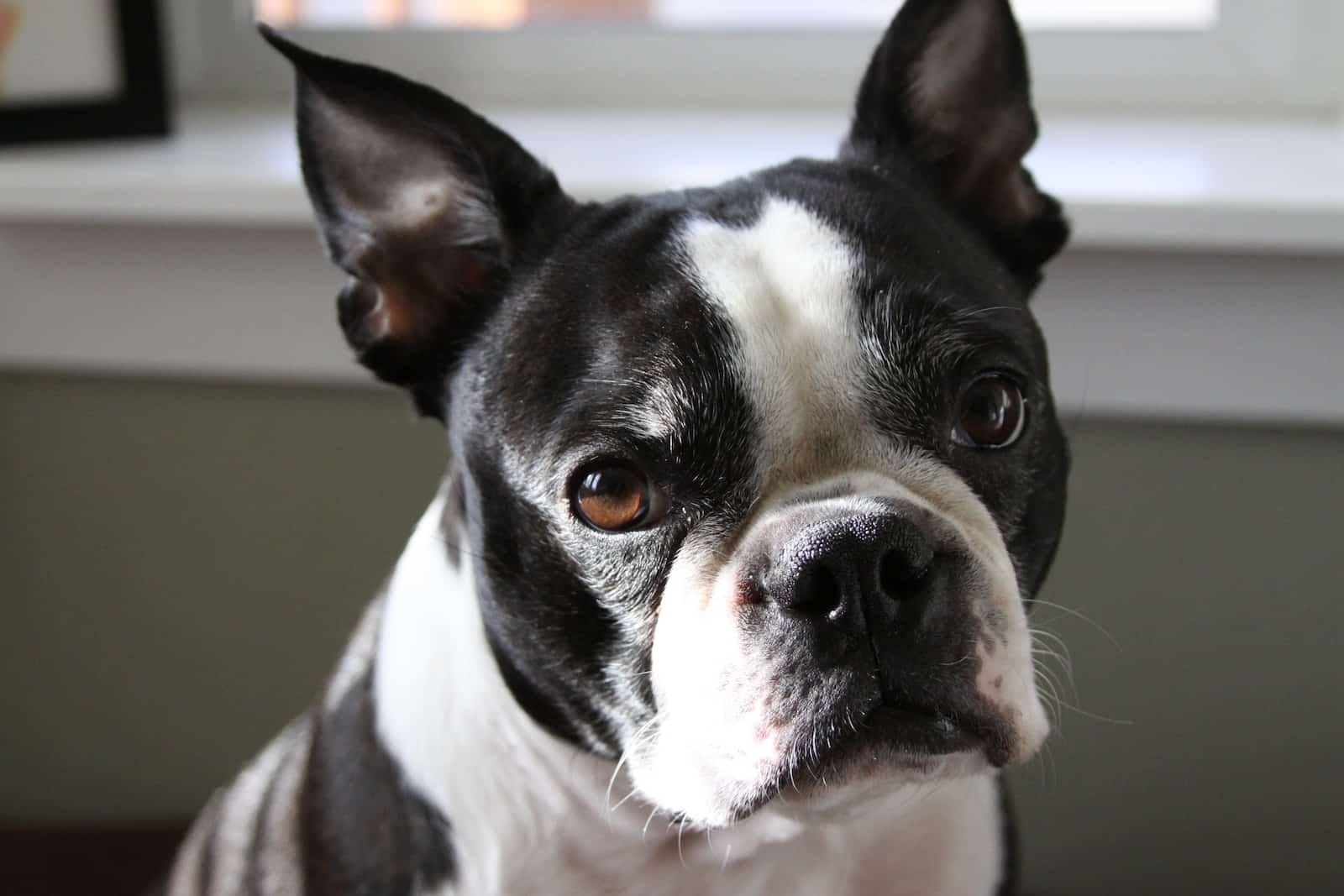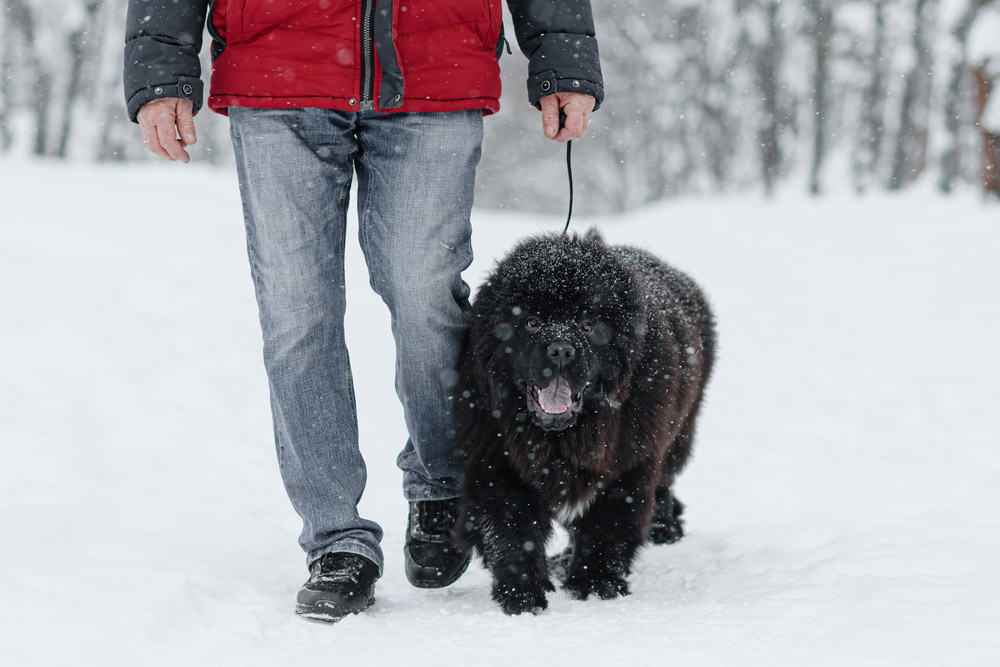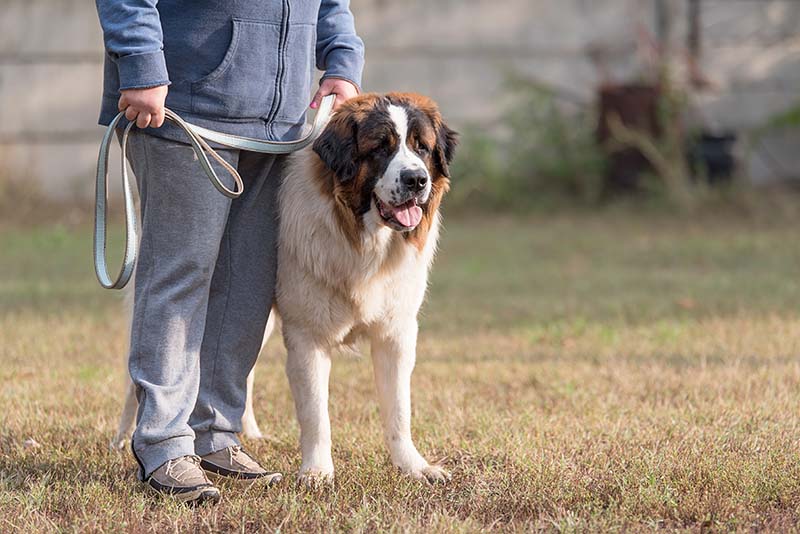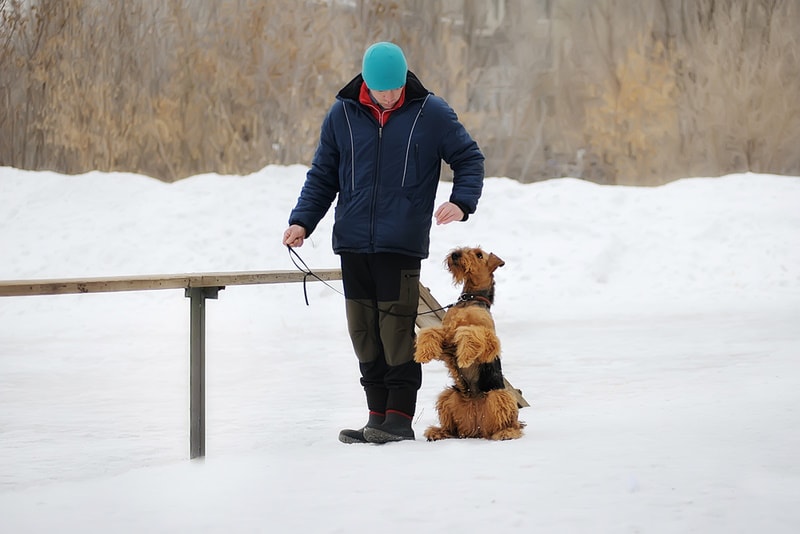I recently received a question from a reader:
Chance is a Boston Terrier I found on the street. He was skin and bones and had marks all over his body that looked like bites. I think a lot of his teeth were either pulled or knocked out. We believe he was a bait dog for a backyard dog-fighting ring.
When he first came to live with me, he would sit in a corner and face the wall. He would slunk to the ground when I reached down to pet him. He was terrified of men. All of these things are much better now. However, when I pick up one of our other dogs to carry that dog upstairs for a bath, Chance might bite my leg. We think he is trying to protect the other dog. He also gets excited when I come into the house and will grab a pillow from the couch and chew on it.
— Kathy H., Houston
Kathy,
Thanks for your question and for rescuing and helping Chance. He definitely found his lucky Chance when you found him!
Your story of his previous life and the condition you found him in hurts my heart, even though I know it is not an uncommon occurrence. What kind of sorry excuse for a human being fights dogs? I have rescued many dogs in dismal states myself, including a Shiloh Shepherd who was about to be shot by his “loving” owners because they were moving and he was no longer convenient. He weighed 60 pounds and nearly died of a worm infestation. Flash made a full recovery and worked by my side for years, helping me help troubled dogs, but he would have had a bullet in him had I not found him that day.
I am going to assume that Chance has been thoroughly checked out by a veterinarian. If he is still staring at walls, I would urgently seek a specialist in neurological medicine. It would not surprise me if he had some brain implications from his early years of stress and abuse.
Dogs can and do suffer from PTSD. If Chance is still slinking around, hiding, drooling, pacing, trying to bite, or showing any anxious behavior at all, he really needs to see a veterinary behaviorist. They are akin to psychiatrists for humans in that they are medically trained and understand canine behavior. You can begin your search for a credentialed veterinary behaviorist through the American College of Veterinary Behaviorists. Even though you have made good progress with Chance, since he is still showing some signs of anxiety and has bitten you, I highly recommend a consultation with the best of the best. Doing so can save you a lot of time and Chance a lot of unnecessary anxiety.
One thing you can do with any concerning behaviors is to think about what happened just prior to that behavior occurring. That space in time – called an antecedent – is where humans can really make a change because we control everything in a dog’s environment. If, for example, Chance gets anxious when you bend over to pick up another dog for bath time, that motion is what we need to work on first and foremost.

I would bend over and pet the other dogs and toss Chance a treat (if you can safely use treats with several dogs in the room). Do this over and over again until he comes to understand that that particular movement predicts a delicious treat. Next, work toward picking up one of the other dogs but not going upstairs until you can pick up and put down the dog over and over again without upsetting Chance. As you pick up the dog, toss Chance an excellent morsel of meat or cheese. We want your picking up a dog to predict yum-yum time for Chance.
A second option is to use management. If this is the only thing that elicits a lunge, growl, or even bite from Chance, simply stop doing this behavior in front of him. Put him away in his own safe place with a terrific chew toy before bath time. I like using management where and when it is practical. The problem with it, however, is that you haven’t then worked on reducing Chance’s anxiety or stress around that particular event. Your need to pick up one of the other dogs may occur so seldomly that putting him in another room might just be the right fix for your situation.
One more thing to note on Chance’s behalf. The brain is like a muscle in that whatever region we use the most becomes the strongest. Chance spent his early years living in severe neglect and probably outright abuse, which terrified him. That means the fear part of his brain was greatly overused. That takes a toll on the flight-or-fight mechanisms. It is imperative to go very slowly with such a dog and to protect him from stressors. With time, patience, and a stress-less environment, there is a good chance that Chance (see what I did there?) can make a full recovery or nearly that.
Again, I do recommend working with a veterinary behaviorist for Chance. And do not allow anyone to harm him in any way in the name of training.
Read more by Annie Phenix:
- What Do Good Dentists and Good Trainers Have in Common?
- We Talk with Expert Debbie Jacobs About Fearful Dogs
- There Is No Reason to Use a Shock Collar. In Fact, It Should Be Illegal
Featured Image Credit: Nailia Schwarz, Shutterstock










